Ukraine invasion: How to break through Putin’s propaganda in Russia
The US should reveal what it knows about the fate of Russian soldiers and announce that proceeds from property confiscated will be returned to the Russian people.
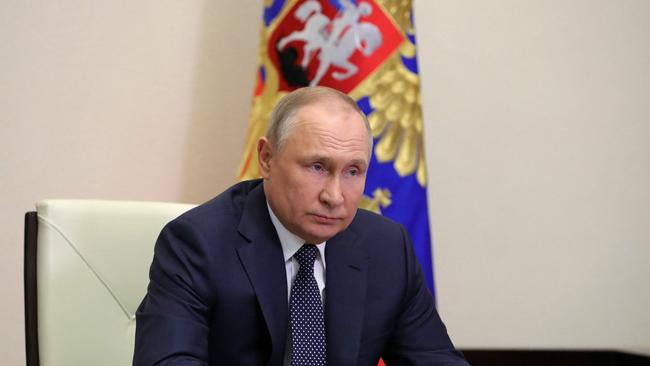
President Biden has called for Vladimir Putin to be removed from power. But only Russians can remove Mr. Putin. That is why, in addition to supplying arms to Ukraine, the US needs to take steps to reach the Russian people.
Mr. Putin understands that to prevail in Ukraine he must maintain the support of the Russian public. He uses state television to inundate Russians with reports of supposed atrocities by US-backed Ukrainian Nazis against ethnic Russians, particularly in the Donetsk and Luhansk republics which the Russian army is said to be defending.
The Putin regime, however, is isolated in its own country. According to Karen Dawisha, author of “Putin’s Kleptocracy,” 110 people control 35 per cent of the country’s assets. It is this group that is waging war against Ukraine and manipulating Russians.
America may have more power to influence Russians than we realise. The US should begin by creating a database, independent of the existing Ukrainian site, to help Russians learn the fates of missing soldiers. The Russian Defense Ministry announced on March 25 that 1,351 Russian soldiers had died. The Ukrainians placed the number at 16,100. Valentina Melnikova, secretary of the Soldiers’ Mothers Committee, has said that Russian commanders often don’t retrieve the bodies of soldiers and list them as “missing in action.” This provides an excuse for not paying compensation to families and lowers the official death toll.
Many parents don’t know what happened to their sons and are told by the Defence Ministry that there is no information. Death notices sporadically appear in the regional Russian media.
A US database, accessible through Radio Liberty and other sites, wouldn’t be exhaustive, but it could provide more information than is available from Russian officials.
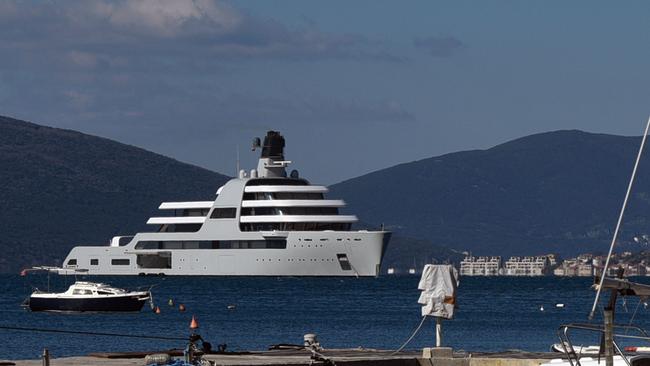
The US and its allies should also announce that proceeds from the property confiscated from oligarchs linked to corruption will be returned to the Russian people. Russia’s superrich can afford yachts and villas because they made fortunes appropriating the money of the state. The Russian oligarchy has its roots in the 1995 “loans for shares” auctions, in which Russia’s giant resource companies were transferred to corrupt businessmen in return for support for President Boris Yeltsin’s 1996 re-election campaign.
A good example is Roman Abramovich, now shielded from sanctions because of his role as a mediator between Russia and Ukraine. He and his partner, Boris Berezovsky, bought Sibneft, a vertically integrated oil company, in 1995 for $100.3 million in an auction from which competitors were eliminated. Sibneft soon had a market capitalisation of $1 billion. In 2005 Mr. Abramovich, who had parted company with Berezovsky, sold it for $13.1 billion. Mr. Abramovich owns two yachts, each worth more than $600 million.

A bill styled the Yachts for Ukraine Act, which would allow the US to sell seized assets and use the cash to aid Ukraine, has been introduced in Congress. Although aiding Ukraine is a good idea, it wouldn’t move opinion in Russia. A promise to transfer money that originated in Russia to a future democratic Russian state would be a public acknowledgment by the US that justice for Russia’s ordinary citizens is long overdue.
Finally and most important, the US should reveal everything it knows about the September 1999 apartment bombings that brought Mr. Putin to power. The four bombings were blamed on Chechens and used to justify a new Chechen war. Mr. Putin, who had just been named prime minister, was put in charge of the war and catapulted into the presidency on the basis of early success.
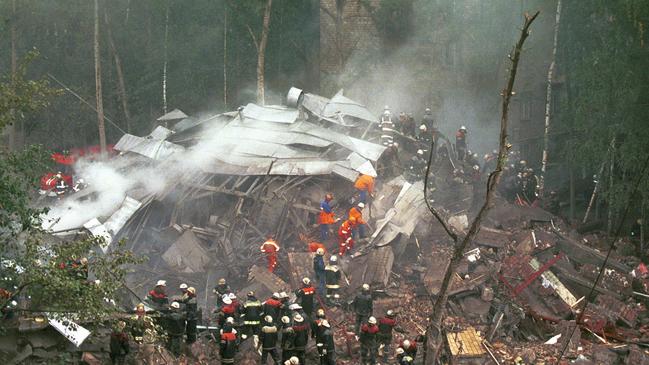
But a fifth bomb was discovered in the basement of a building in Ryazan, southeast of Moscow, and the bombers were captured. They weren’t Chechen terrorists but agents of the Federal Security Service. In another incredible development, Gennady Seleznev, speaker of the State Duma, announced on September 13, after a building was blown up in Moscow, that a building had been blown up in Volgodonsk. That building was actually blown up three days later.
The story of the apartment bombings is critical because the signs of official involvement are the most powerful evidence of the Putin regime’s true attitude toward the Russian people. The bombings are Russia’s most taboo subject, but interest is strong. An interview with Vladimir Zhirinovsky, a Duma deputy, about the Volgodonsk incident received 15 million views on YouTube.
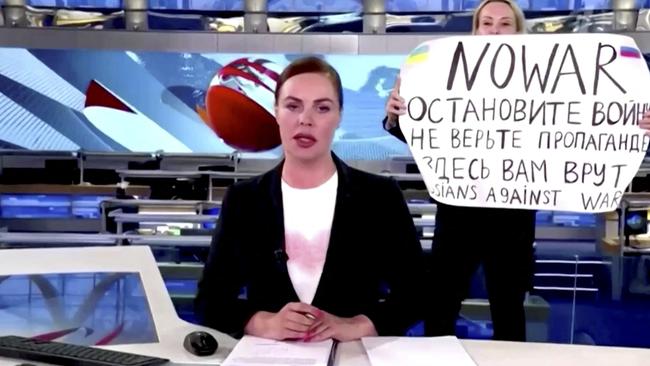
Despite the regime’s attempts to stifle thought in Russia, the signs of dissent are unmistakeable. Maria Ovsyannikova, an editor at Channel One television, staged an on-air protest denouncing the station’s lies. In the North Caucasus on March 20, soldiers’ mothers blocked a bridge demanding to know the fate of their sons. Most important, there is opposition in the Russian military, which alone can remove Mr. Putin from power.
Shortly before the invasion, Gen. Leonid Ivashov, who leads a group of retired officers, warned that an attack on Ukraine would be the end of Russia. He said the planned invasion was the attempt of a corrupt regime to hold on to power. He called on Mr. Putin to resign. His statement was supported by a majority of the board of his organisation.
One month into the war, Russia’s generals are almost certainly unsettled by the mass deaths of Russian soldiers. After 15 months of war in Chechnya in 1996, Gen. Alexander Lebed said that 30 per cent of the Russian soldiers were ready to turn their guns on the people who sent them there.
Despite the regime’s attempts to isolate Russians, information is still getting through with the help of cellphones, Telegram, YouTube and word of mouth. That creates an opening for the West. Besides aid to Ukraine, we have to engage the Russian people. Despite the grimness of the present situation, opinion can shift dramatically in Russia, as it has in the past.
Mr. Satter is author of “The Less You Know, the Better You Sleep: Russia’s Road to Terror and Dictatorship under Yeltsin and Putin.”
The Wall Street Journal

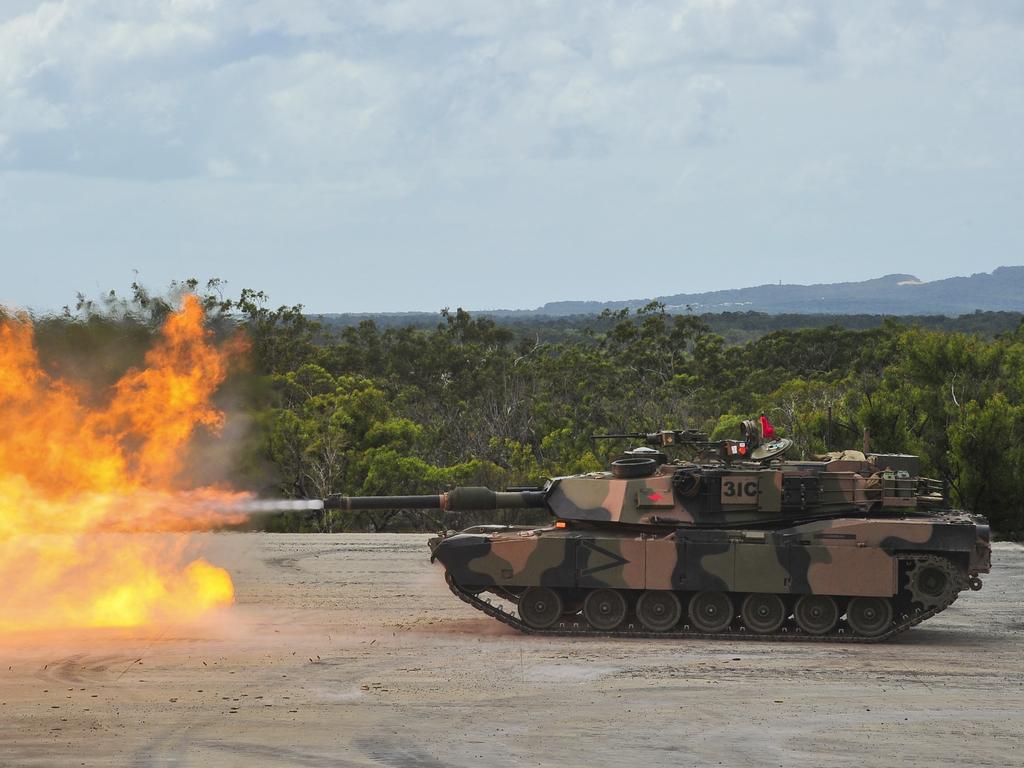
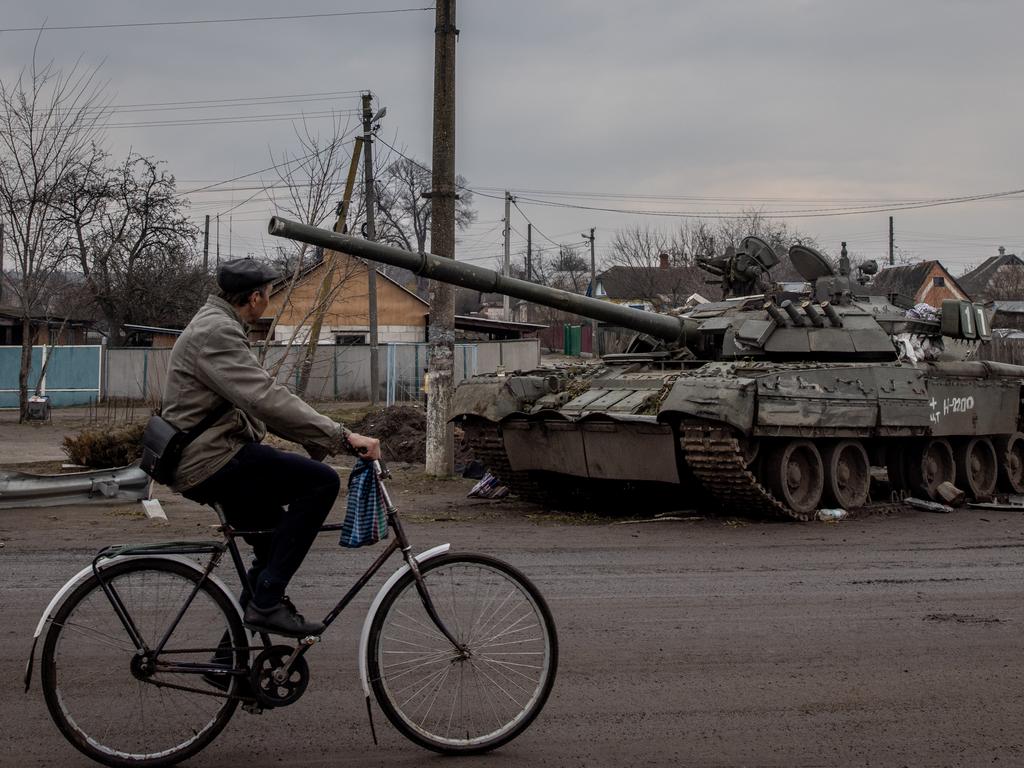




To join the conversation, please log in. Don't have an account? Register
Join the conversation, you are commenting as Logout